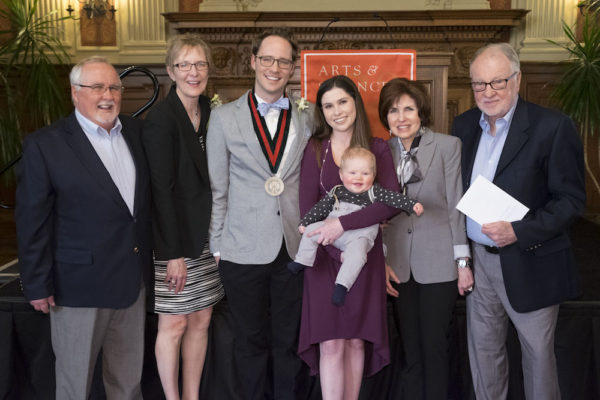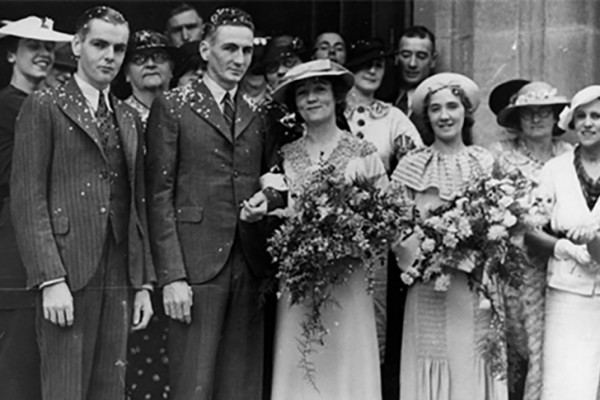Jackson studies the development and assessment of personality. His current research focuses on identifying the antecedents – such as genetic and environmental factors – that are responsible for changes in personality, with a particular focus on educational experiences. His work also examines the ways in which different assessment methods can influence how personality development is estimated. For example, some of his current studies examine the overlap and discrepancies between different modalities of personality assessment (e.g., self-reports, observer-reports, behavioral and physiological measures) across the lifespan.

Joshua Jackson
Associate Professor of Psychological & Brain Sciences
Contact Information
- Phone: 314-935-7160
- Email: j.jackson@wustl.edu
- Website: Website
Media Contact
In the media
Stories
How parents’ personalities shape children’s lives
A new study by Joshua Jackson in Arts & Sciences found that five key personality traits in parents can significantly affect their child’s health, grades and more.
Juvenile justice: ‘We are coming up short’
Analyzing data from thousands of young people, Joshua Jackson in Arts & Sciences finds the juvenile justice system is not rehabilitating kids.
Jackson installed as Rosenzweig Associate Professor
Joshua Jackson has been installed as the Saul and Louise Rosenzweig Associate Professor of Personality Science at Washington University in St. Louis. A ceremony and reception were held March 21 in Holmes Lounge in Ridgley Hall to celebrate the occasion.
Friends know how long you’ll live, study finds
Young lovers walking down the aisle may dream of long and healthy lives together, but close friends in the wedding party may have a better sense of whether those wishes will come true, suggests new research on personality and longevity from Washington University in St. Louis.
Spouse’s personality influences career success, study finds
As much as we might try to leave personal lives at home, the personality traits of a spouse have a way of following us into the workplace, exerting a powerful influence on promotions, salaries, job satisfaction and other measures of professional success, new research from Washington University in St. Louis suggests.
Military service changes personality, makes vets less agreeable
It’s no secret that battlefield trauma can leave veterans with deep emotional scars that impact their ability to function in civilian life. But new research from Washington University in St. Louis suggests that military service, even without combat, has a subtle lingering effect on a man’s personality, making it potentially more difficult for veterans to get along with friends, family and co-workers.




